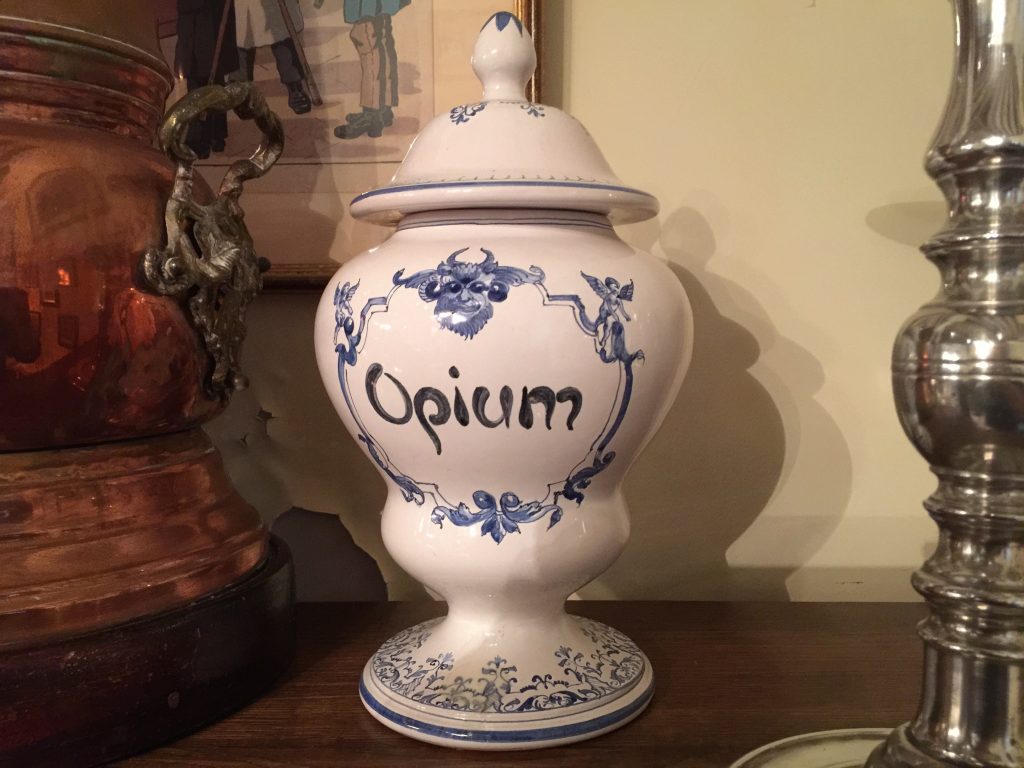
DRUGS - comfortably numb
Getting stoned may have conquered the world from Ancient Greece. In a sympósion, meaning “to drink together“ on a marketplace of ideas, men were reclining after the meal on pillowed couches to drink, plot, to boast, to simply revel with others, compete in rhetorical contests, and, above all, to debate a multitude of topics – often philosophical, such as love and the differences between the sexes. Socrates was a frequent symposiast and a prolific drinker, standing like a stone while drinking his fellow symposiasts under the table without ever faltering. Thus, he became famous for two things: for Socratic drinking and for the Socratic method, a dialogue between individuals, based on asking and answering questions.
Drinking at sympósions was mostly serious, not just when Socrates was present. In keeping with the Greek virtue of moderation, a “symposiarch” decided how strong the wine for the evening would be, depending on whether serious discussions or sensual indulgence were on the agenda. Often the symposiarch failed preventing the sympósion from getting out of hand. Instead Dionysus, god of wine, festivity, madness and ecstasy won. Poetry and music were central pleasures of a sympósion. Other entertainment was more simple: The symposiasts were performing drinking songs while entertained by high-class female prostitutes.
I am still wondering, thinking of Hemingway’ scotch and soda, Capote’s screwdrivers, Van Gogh’s love for absinthe and Andy Warhol’s preference for Jack Daniels: Among all insanity, had Socrates and Plato ever had the muse debating the pugnacious question whether drugs really boost or actually bust creativity? People from all over the world are still trying hard to find out.
